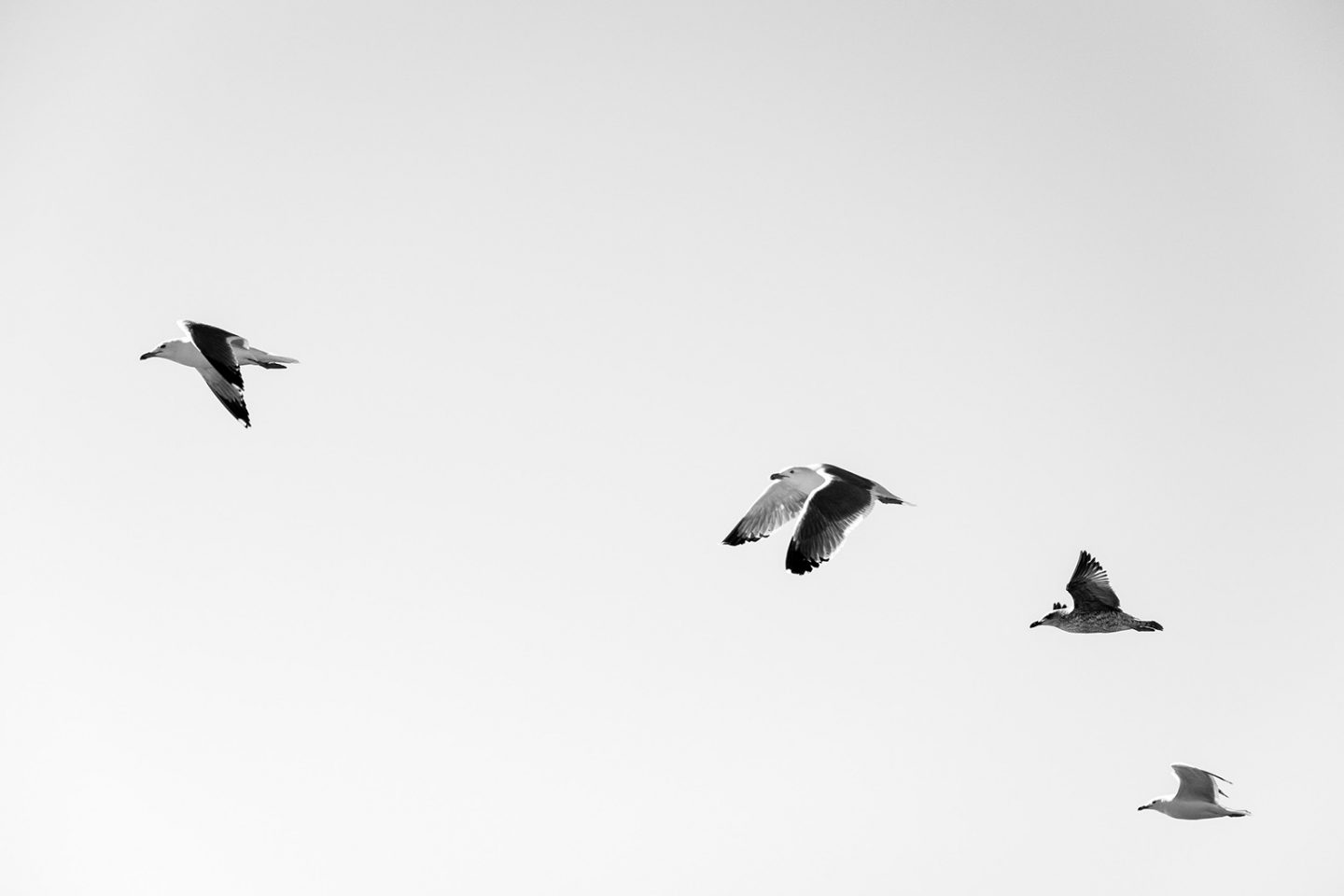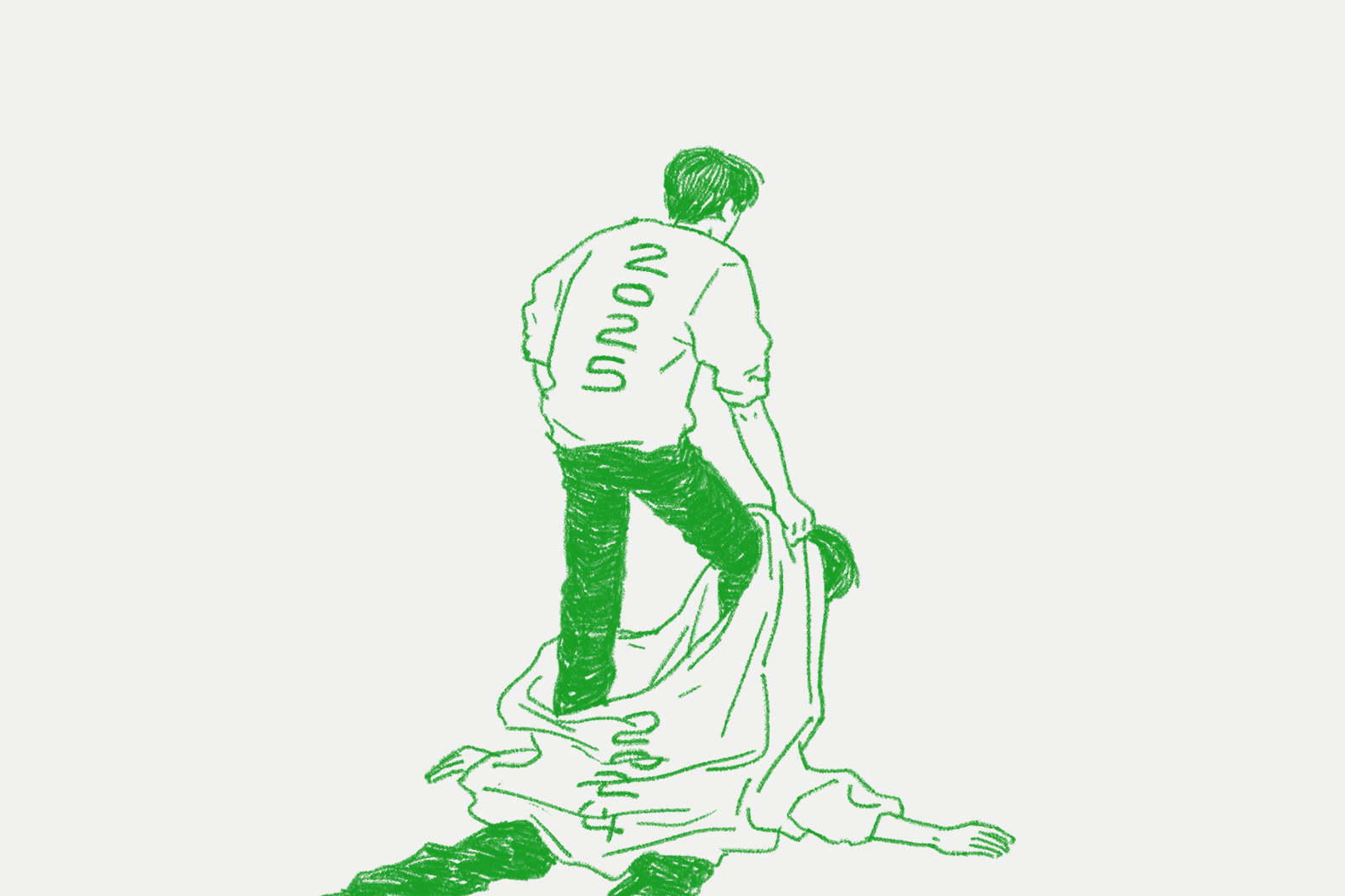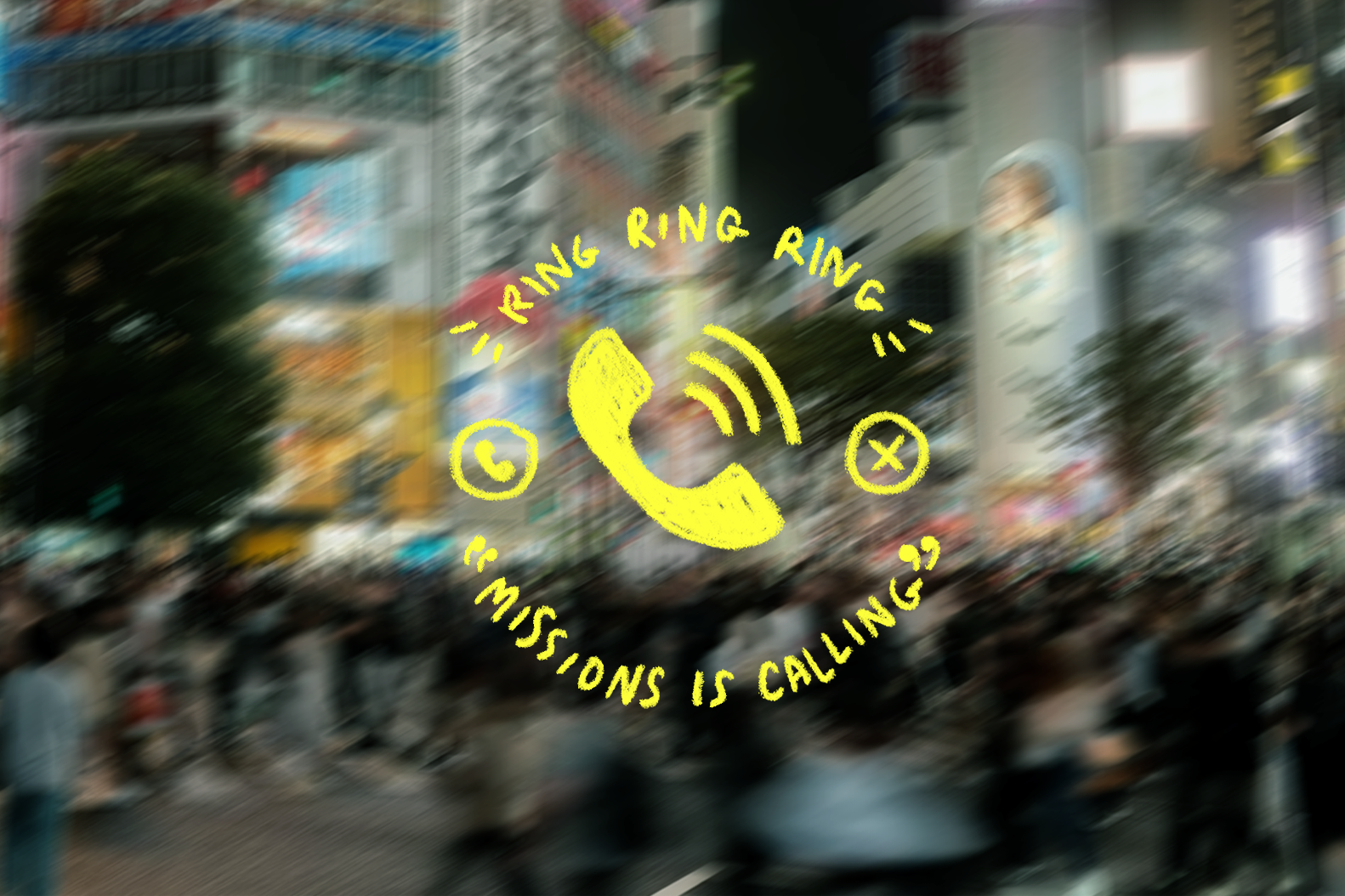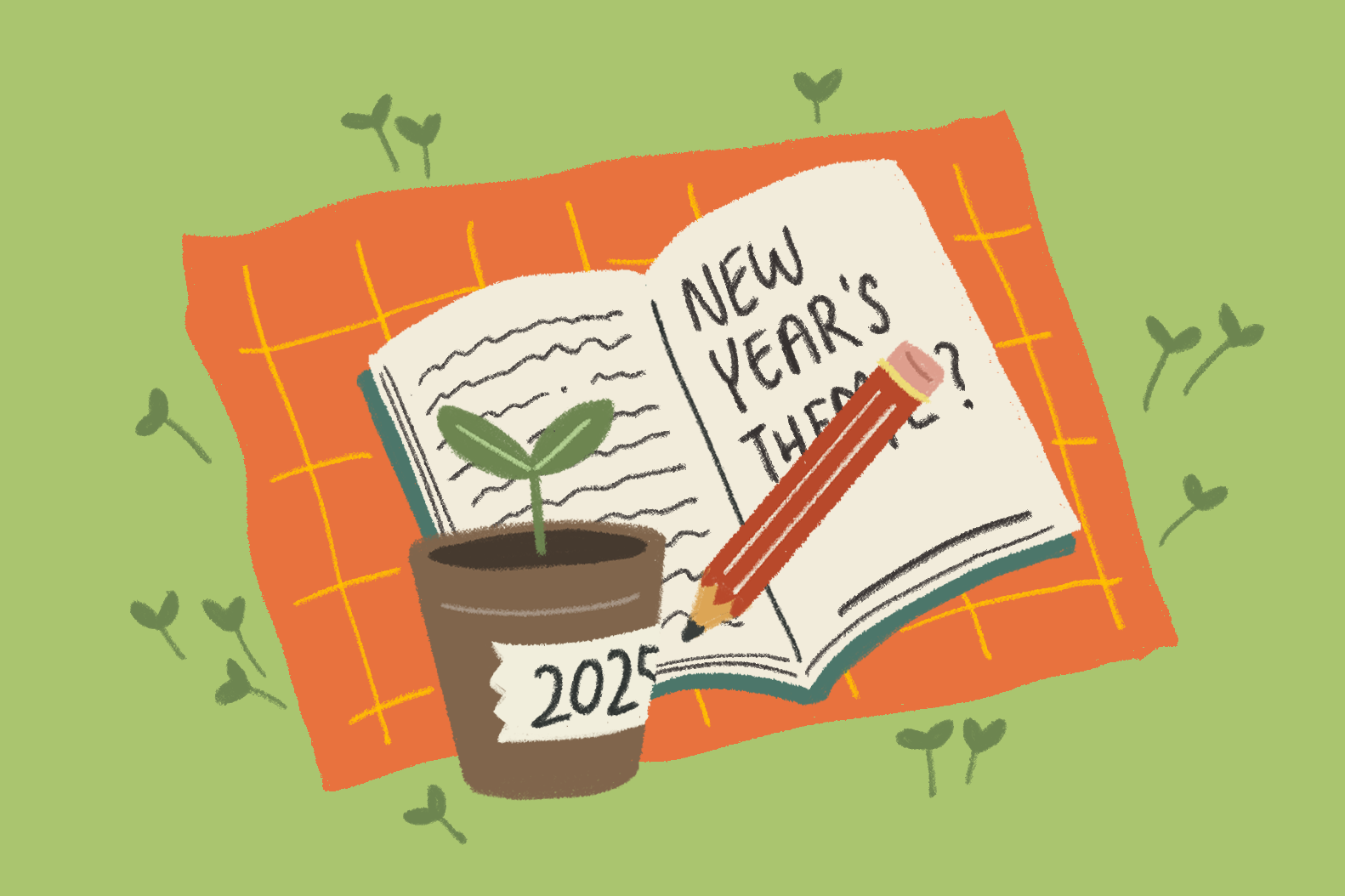It’s an odd and heavy feeling.
It’s like I’m running. Searching frantically. For what, I don’t know. I’m not even certain if a cure exists, and I wonder if my sickness will one day consume me.
I look at the sparrows that fly above. It’s a lovely sight, but my heart aches a little. I think of other birds like frigatebirds, a special seabird able to sleep while flying. They spend the majority of their lives flying over vast expanses of ocean, often for days or weeks at a time.
On land, they sleep like how we do. But in their airborne wanderings, they are able to put to sleep the separate hemispheres of their brains, keeping one eye alert for navigation or to spot danger — much like how dolphins do it.
How wonderful it must be to manage some rest while still clocking mileage in one’s travels.
But it seems that these days, even for this creature not having to deal with the complexities of in-flight snoozing, rest is such an elusive thing.
Our dreams evolve — some die and new ones spring forth — but our souls still long to spread their wings. Society is harsh, and no respecter of dreams. With the twin blades of productivity and enterprise, it locks in on those outstretched wings.
But the killer blow doesn’t come. Instead, feather by feather is agonisingly excised until one day, you realise your naked wings can no longer carry you, and you fold them in for good.
In this desert of dreams, you are a land animal.

You find a leash of chains around your neck, and it is taut. You try to loosen it, but your feet shift in the sand. It pulls, and you walk. It tugs harder — you start to run.
A huge sign reads: More speed, more rewards. Another says: Clock your miles, rest when you’re old.
Might as well. After all, you only live once. So the journey begins. You pick up the pace. Before long, your heart races in exhaustion, and you’re drenched in sweat. But the endorphin rush tells you that it’s euphoria. The other birds are running too, so it must be a race!
I need to go faster or they’ll take my prize. No time for wussing out here. Pain is weakness leaving the body! Push!
You stumble over something but manage to get up.
Your leash tugs. Again, harder. You must run along. You look around and see that the other featherless birds are also on leashes: All gasping, eyes bloodshot and devoid of life. So many of them. So thirsty.
Then, you realise that these birds are being pulled by other birds in an endless chain. You make out the image of another bird who pulls your leash.
Desperate, you yell ahead, “Hey! Hey you! Stop!” Your throat stings in the desert air. It barely registers your existence. The taut chain never slackens. Its eyes return to the horizon. You realise that you are crying. Your feet are so, so sore. Your neck burns where the leash tugs, but the pain has grown familiar. Numb. “This is it,” you tell yourself.
That’s life.

All of a sudden, another bird swoops overhead, more beautiful than any other you’ve seen. He’s a dove — and he’s flying. As the dove descends to your side, you marvel at his glorious wings in the sunlight. On the ground, he runs to you — with you — and wipes the tears from your eyes.
With untainted, white wings he works at the chains that bind you. His own feathers are ripped off as he pries off link from link. His white wings are now soaked crimson red. It’s hurting him, but he assures you, “It’s okay. Trust me. I love you. You don’t have to run anymore.”
You nod slightly, unsure of what to feel. You no longer trust anyone. But you close your eyes.
Then suddenly, you feel your neck again. It is tender, but the burn is gone. The white bird swoops to the next bird on your left, then the next, and the next. Before he disappears into the horizon, he looks to you again with compassion in his eyes. “I will come back for you.”
You realise that you’ve stopped running. The breath returns to your lungs — sensation to your blistered feet. You feel your heart beating in your chest. You can catch your breath now, and when you look up you realise you are no longer in a desert — but an open plain where pristine snow is falling.
You close your eyes again. Inhaling deeply, peace fills your soul. You find the strength to gently spread your wings again, little by little, until they are fully stretched.
It’s been so long.
It’s okay. Trust me. I love you. You don’t have to run anymore.
Your wings catch a little of the cold wind which – you almost imagine – is gently taking you up into the air. But you’re still tiptoeing on the ground.
Now you notice little shoots growing where your old feathers once were. They are of the purest white.
There is hope in your heart. Very soon, you will fly again.









